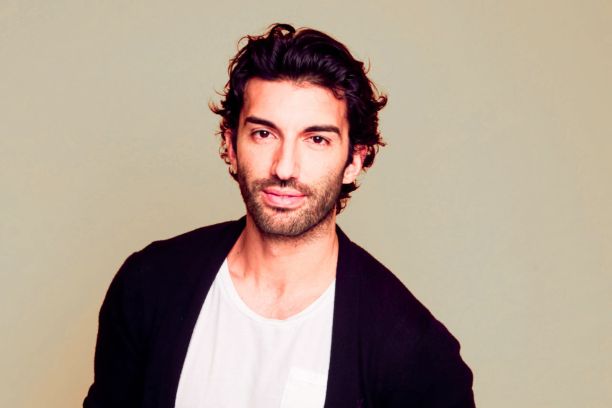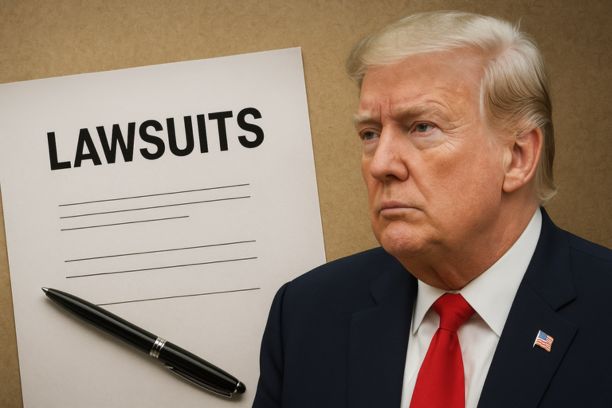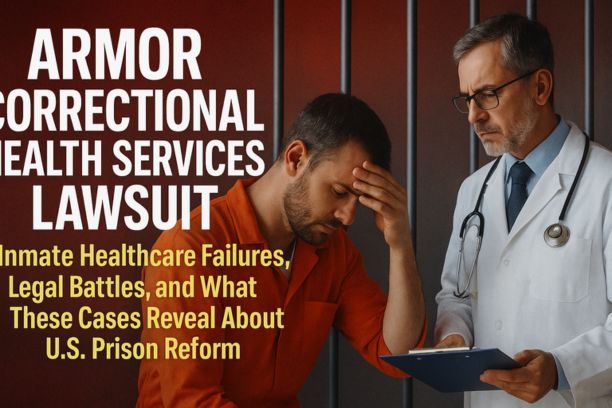
Inside the Justin Baldoni Lawsuit: Allegations, Countersuits & Courtroom Drama Explained
Justin Baldoni, best known for his work on Jane the Virgin and as the director of It Ends With Us (2024), has recently found himself in the middle of one of Hollywood’s most complex legal dramas. What began as a creative partnership between Baldoni and actress Blake Lively quickly turned into a series of lawsuits, countersuits, and explosive media coverage.
This blog unpacks the facts behind the Justin Baldoni lawsuit — separating verified legal developments from online speculation.
Background: From Romance Film to Real-Life Legal Drama
It Ends With Us, adapted from Colleen Hoover’s bestselling novel, was meant to be a career milestone for Baldoni, who both directed and co-starred in the film. However, tensions reportedly grew between him and lead actress Blake Lively during production.
According to industry insiders, what began as creative disagreements escalated into personal and professional conflict. By late 2024, Lively had reportedly accused Baldoni of harassment and workplace misconduct — claims that would soon make headlines and trigger a series of legal responses.
The Initial Allegations Against Justin Baldoni
Blake Lively’s allegations centered on claims of sexual harassment, retaliation, and intimidation during the filming of It Ends With Us. These claims, while never tried in criminal court, were widely circulated through entertainment media and social channels.
Baldoni publicly denied all wrongdoing, stating that the accusations were “false, defamatory, and deeply damaging.” He maintained that the controversy was driven by misinformation and vowed to defend his name legally.
Justin Baldoni’s Countersuit: $400 Million Defamation Claim
In January 2025, Baldoni and his production company, Wayfarer Studios, filed a $400 million lawsuit against Blake Lively, her husband Ryan Reynolds, and Lively’s longtime publicist, Leslie Sloane.
The claims included:
- Defamation: Baldoni alleged that false statements harmed his reputation and career.
- Extortion: He claimed there were threats aimed at coercing him professionally.
- Invasion of privacy & breach of contract: The suit accused the defendants of leaking private communications and violating agreements made during film production.
The filing marked a dramatic turn — shifting Baldoni from the accused to the accuser. He argued that the allegations had cost him millions in lost opportunities and irreparably damaged his professional image.
The New York Times Lawsuit: Accusing the Media of Bias
Soon after, Baldoni launched another major legal action — this time against The New York Times, seeking $250 million in damages.
He claimed the paper’s reporting on the controversy was “biased, one-sided, and reckless”, arguing that it failed to include his side of the story. Legal experts quickly weighed in, noting that such defamation claims against major media outlets face steep challenges under First Amendment protections.
The lawsuit captured public attention for its attempt to hold the press accountable for how it frames celebrity disputes — a bold move in an era of instant news cycles.
Court Decisions and Dismissals
On June 9, 2025, U.S. District Judge Lewis Liman issued a major ruling that reshaped the entire case.
The court dismissed Baldoni’s defamation and extortion claims against Lively, Reynolds, and Sloane, holding that:
- Lively’s statements were made in a legal context and were therefore protected under litigation privilege.
- The media coverage by The New York Times was shielded by the fair report doctrine, which protects journalists who accurately summarize ongoing legal proceedings.
While these rulings dismissed the most high-profile claims, the judge left open the possibility for Baldoni to refile narrower claims, such as interference with business contracts — leaving a door slightly ajar for further legal action.
Additional Lawsuits Connected to the Case
As the main lawsuit unfolded, new filings emerged.
Baldoni sued his former publicist, Stephanie Jones, alleging she leaked confidential text messages to Lively’s team. These leaks, according to Baldoni, sparked much of the public controversy and contributed to the breakdown of trust within his team.
Separately, Baldoni’s attorney, Bryan Freedman, became entangled in his own legal troubles. Freedman was later accused of legal malpractice in a different case related to Baldoni — adding yet another subplot to an already tangled legal saga.
Public Reaction & Hollywood Fallout
The Hollywood response has been divided. Some industry figures have expressed support for Baldoni’s right to defend his reputation, while others have voiced sympathy for Lively’s perspective and broader issues of workplace accountability.
Social media discussions have been intense, with hashtags like #JusticeForJustin and #StandWithBlake trending alternately. The controversy also cast a shadow over It Ends With Us, which had initially been positioned as a romantic drama about healing and empowerment.
For Baldoni, the lawsuits have become a defining chapter of his public life — one that may influence how studios approach working relationships and media crises in the future.
Legal Lessons and Broader Implications
The Justin Baldoni lawsuit offers several broader takeaways:
- Defamation law for public figures sets a very high bar — plaintiffs must prove actual malice, which is difficult when the statements relate to matters of public concern.
- Litigation privilege protects individuals who make statements in the course of legal proceedings.
- The fair report privilege shields journalists covering those proceedings, reinforcing media freedom.
- In Hollywood, where image and reputation carry immense professional weight, these protections can make or break careers long before the court reaches a final verdict.
The case highlights the delicate balance between protecting reputations, ensuring accountability, and upholding free speech.
Conclusion
As of late 2025, most of Justin Baldoni’s lawsuits have been dismissed or scaled back, though his legal team has indicated an intent to continue pursuing certain claims. Despite setbacks, Baldoni maintains that his actions are about defending truth and integrity — not merely revenge.
Whether or not his remaining legal efforts succeed, the case has already become a landmark example of how celebrity disputes, media coverage, and the law collide in the public eye.
In the end, the Justin Baldoni lawsuit isn’t just about one man’s defense — it’s a reflection of how modern Hollywood navigates accountability, reputation, and the court of public opinion.
Visit Lawyer Writes for the latest legal news, insights, and updates.



